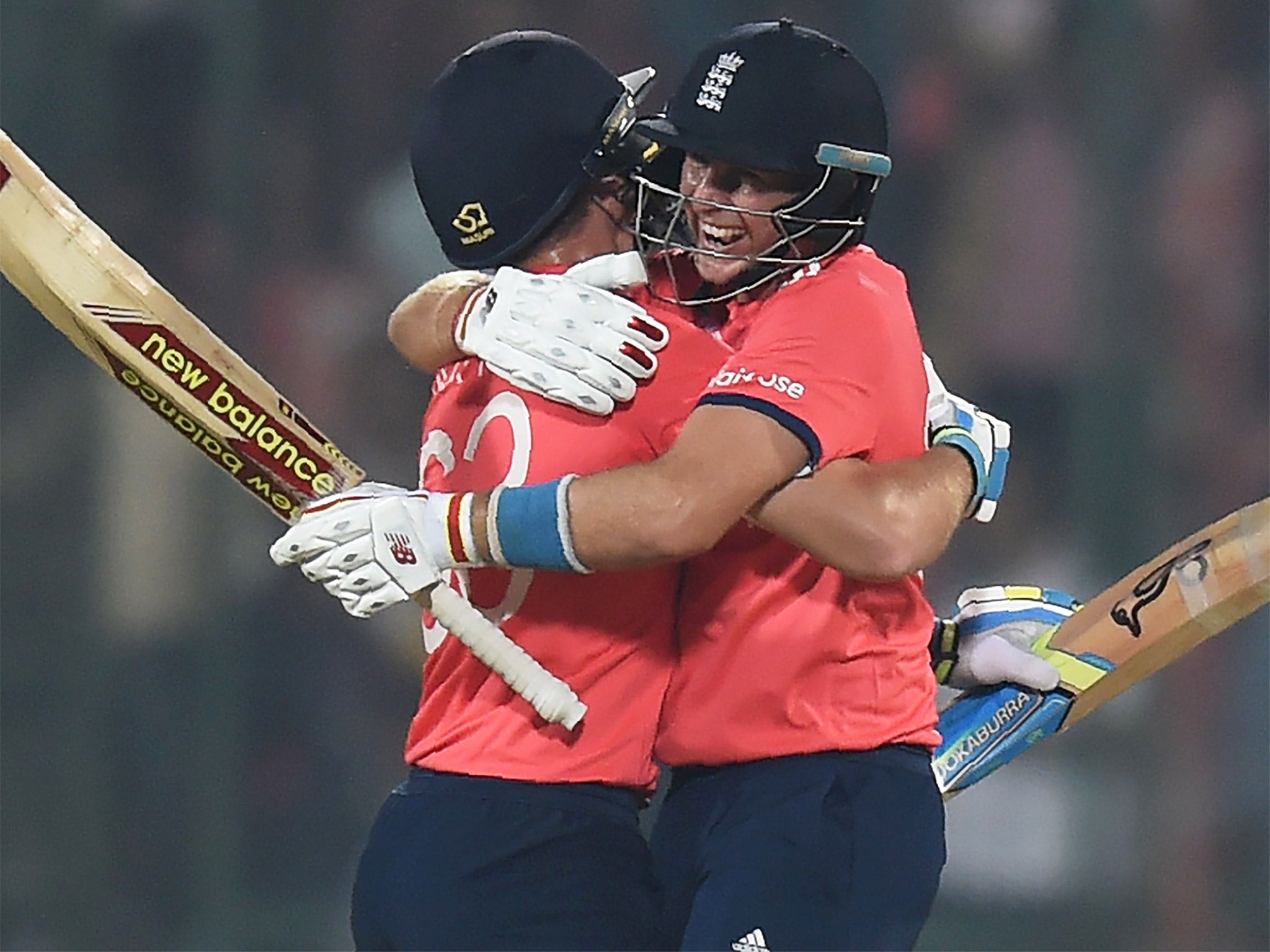England vs West Indies: Paul Collingwood sees similarities with former glory
Coach reminded of 2010 victory

Your support helps us to tell the story
From reproductive rights to climate change to Big Tech, The Independent is on the ground when the story is developing. Whether it's investigating the financials of Elon Musk's pro-Trump PAC or producing our latest documentary, 'The A Word', which shines a light on the American women fighting for reproductive rights, we know how important it is to parse out the facts from the messaging.
At such a critical moment in US history, we need reporters on the ground. Your donation allows us to keep sending journalists to speak to both sides of the story.
The Independent is trusted by Americans across the entire political spectrum. And unlike many other quality news outlets, we choose not to lock Americans out of our reporting and analysis with paywalls. We believe quality journalism should be available to everyone, paid for by those who can afford it.
Your support makes all the difference.Paul Collingwood was captain when England won their only ever global event, the 2010 World Twenty20. Now an England coaching consultant, he spies similarities between the squad then and Eoin Morgan’s side today.
“I do see parallels. We both lost against the West Indies early on, and seem to be building momentum. As long as we stay focused and keep backing ourselves, we’re going to put the opposition under pressure,” he said. “You want to peak at the right time. We haven’t been perfect throughout this tournament but with our batting line-up, we can win any game. That gave us confidence knocking off 230 versus South Africa.”
One resemblance Collingwood sees is in the attitude of the openers. Jason Roy and Alex Hales have a license to thrill just as Craig Kieswetter and Michael Lumb did in 2010, as Roy showed in his 44-ball 78 against New Zealand.
“It takes a lot of guts to bat like that,” Collingwood said. “In the past, if we had a 150 total to chase down, we’d talk about keeping wickets in hand and all that kind of stuff. That’s a very conservative approach. These guys don’t think that way. They want to put their opponents under pressure as early as possible and that’s the best way to look at it.”
Perhaps the most impressive aspect of England’s run to the final has been the sense that it has come ahead of schedule. It is only a year since England’s ignominious exit in the group stages of the World Cup, and, at 29, Morgan is the oldest member of the side and only member to have played in the Indian Premier League.
“A lot of these guys have never been to India, let alone played in these conditions. But they don’t seem to be too afraid of it,” Collingwood said, crediting Paul Farbrace and Trevor Bayliss with building an uninhibited set-up. “They haven’t got a ceiling. They haven’t got any restrictions. They don’t have that kind of approach. If you do have a couple of bad games, you’re not going to get automatically cut. To have that kind of security and also the full backing from the hierarchy is so important to move the team forward.” Roy is the perfect case in point: before his innings against New Zealand he only averaged 17.41 in T20I cricket, but has never fretted about his place.
Besides both teams beginning their campaigns by losing to the West Indies, there is one other striking parallel between the England T20 teams of 2010 and 2016: both had captains who struggled for runs. Here Morgan can derive inspiration from Collingwood, who overcame a woeful run to hit the tournament-clinching runs six years ago. How Morgan would love to do the same on Sunday in Eden Gardens.
Join our commenting forum
Join thought-provoking conversations, follow other Independent readers and see their replies
Comments